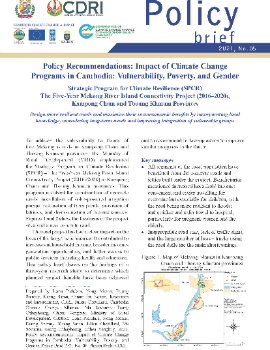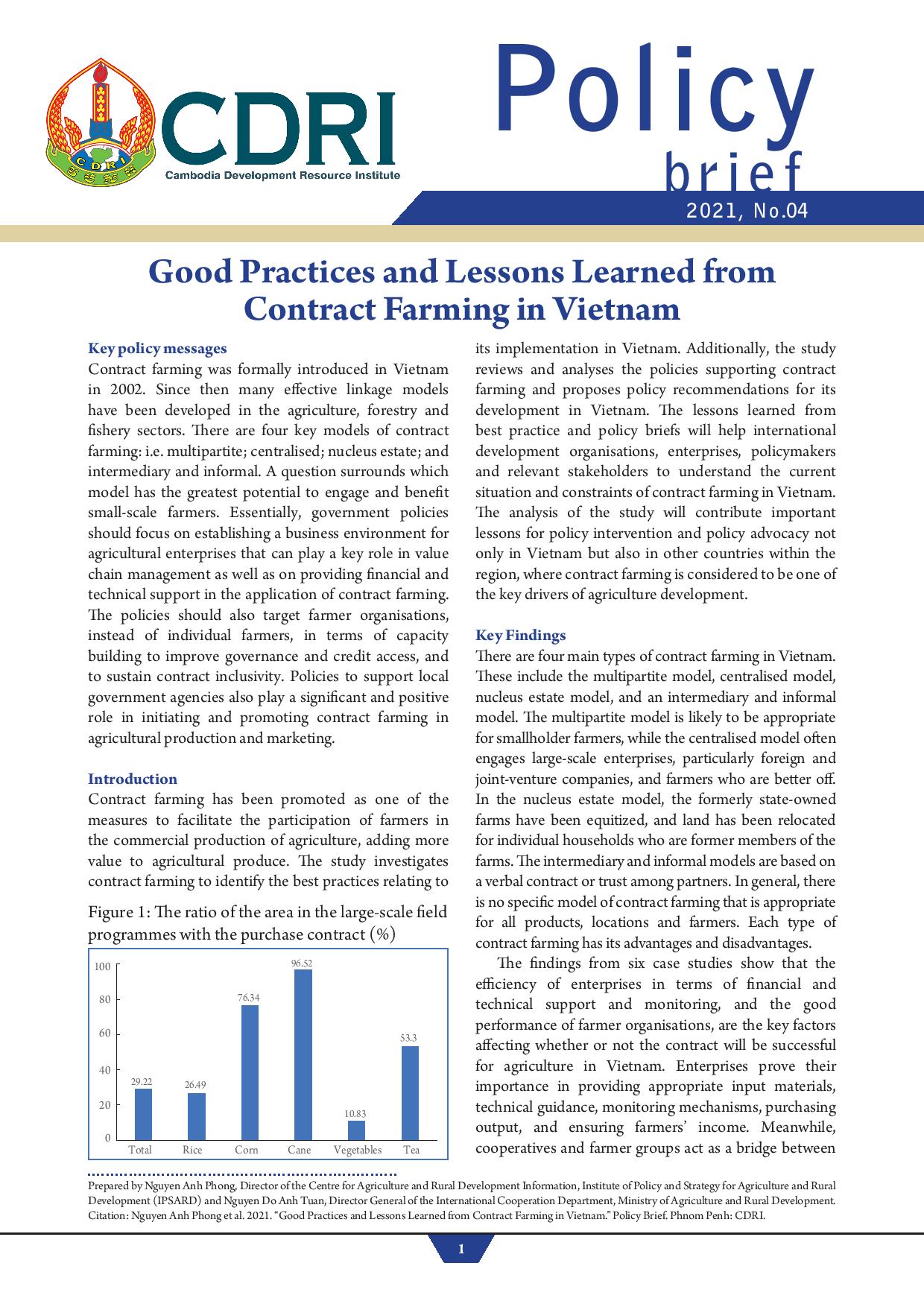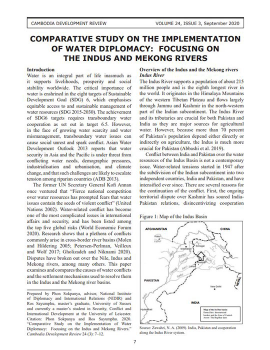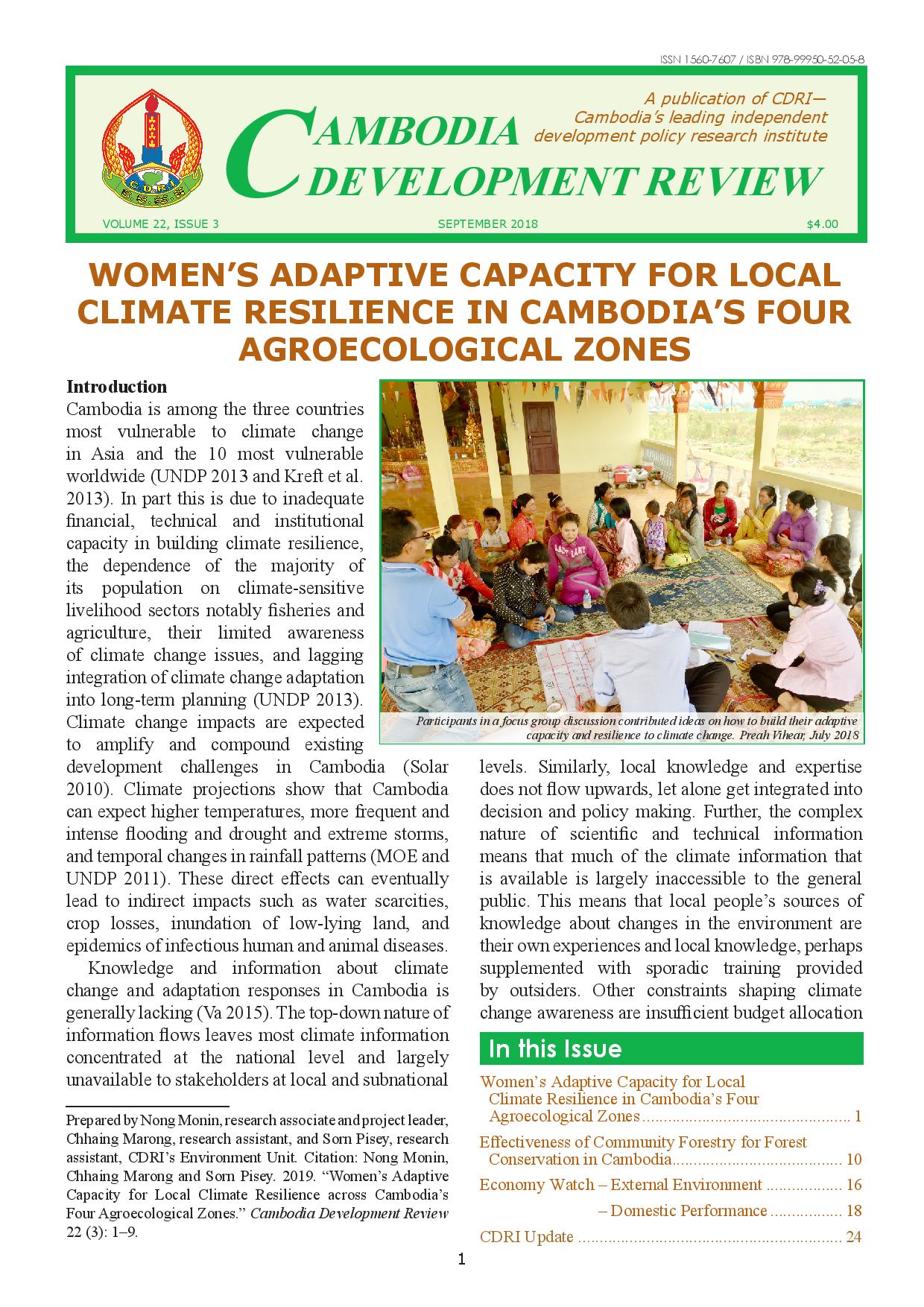Centre for Natural Resources and Environment
The Centre for Natural Resources and Environment (CNRE) conducts policy-oriented and academic researches, focusing on climate change, resource governance, energy, and environmental sustainability. The centre generates evidence-based knowledge through rigorous researches using various methods including integrated modelling techniques, social-ecological system analyses, economic experiments, surveys and in-depth qualitative analysis. The research findings are shared widely among local and international partners, practitioners, and policy makers through publications, policy dialogues, and dissemination workshops. Our researches provide reliable information and scientific evidence for decision makers to make relevant policies, especially contributing to the Royal Government of Cambodia’s rectangle strategies on Angle 4: inclusive sustainable development, sustainable management of natural resources and culture, ensuring environmental sustainability, and primitive response to climate change.
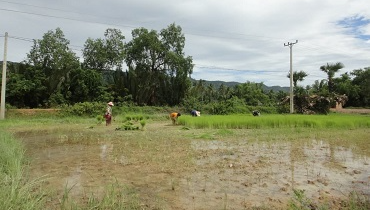
State of Gender Equality and Climate Change in Cambodia
Swedish International Development Cooperation AgencyUnder technical and financial support of UNEP and UNWOMEN, the assessment report is “a tool” to raise awareness about the benefits, advantages and need for gender-responsive climate action, analyse gendered impacts of climate c...
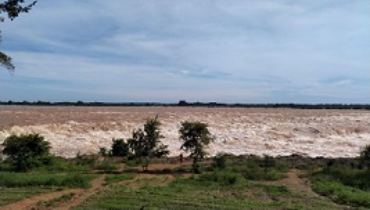
Challenges and Potentials of the Community Based Ecotourism in Livelihood Improvement, A Case Study in Preah Nimith CBET...
Swedish International Development Cooperation AgencyCommunity based ecotourism has been considered as an effective natural resource governance policy for both forest conservation and livelihood improvement, and increasing trend worldwide. The Royal Government of Cambodia has bee...
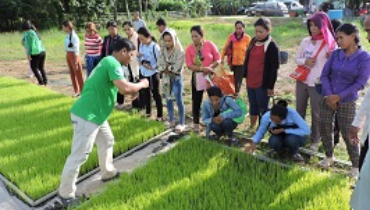
Gender-based Climate Change Adaptation and Disaster Risk Reduction in Cambodia’s Local Communities
Swedish International Development Cooperation AgencyUnder Sida’s fund, the study aims to provide policy inputs into the current gender equality and climate change responses. To strengthen women’s adaptive capacity and encourage them to actively participate in decision-making pro...
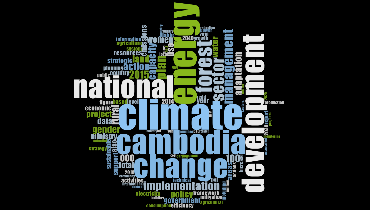
The State of Climate Change in ASEAN Region: Cambodia Country Report
Institute for Global Environmental StrategiesWorking to support Institute for Global Environmental Strategies (IGES), CNRE contributes to developing a comprehensive report on the status of climate change in the ASEAN region, which provides an overall outlook on the state...

Water Diplomacy of the Mekong Basin: Toward a Shared Basin for Prosperity
Lancang-Mekong Cooperation | Ministry of Foreign Affairs and International CooperationThis proposed project will run for two years from June 2019 to May 2021. The study will be conducted by a research consortium comprised of institutions from Cambodia, China, Laos (PDR), Thailand, Vietnam, which all of these cou...
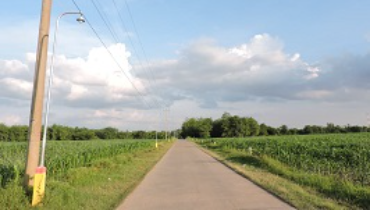
Impact of Climate Change Programs in Cambodia: Vulnerability, Poverty, and Gender
United Nations Development Programme, BangkokClimate change programs have been implemented in the affected countries to reduce the negative impacts and to make the communities resilient to climate change. The Ministry of Rural Development of Cambodia has been running two...
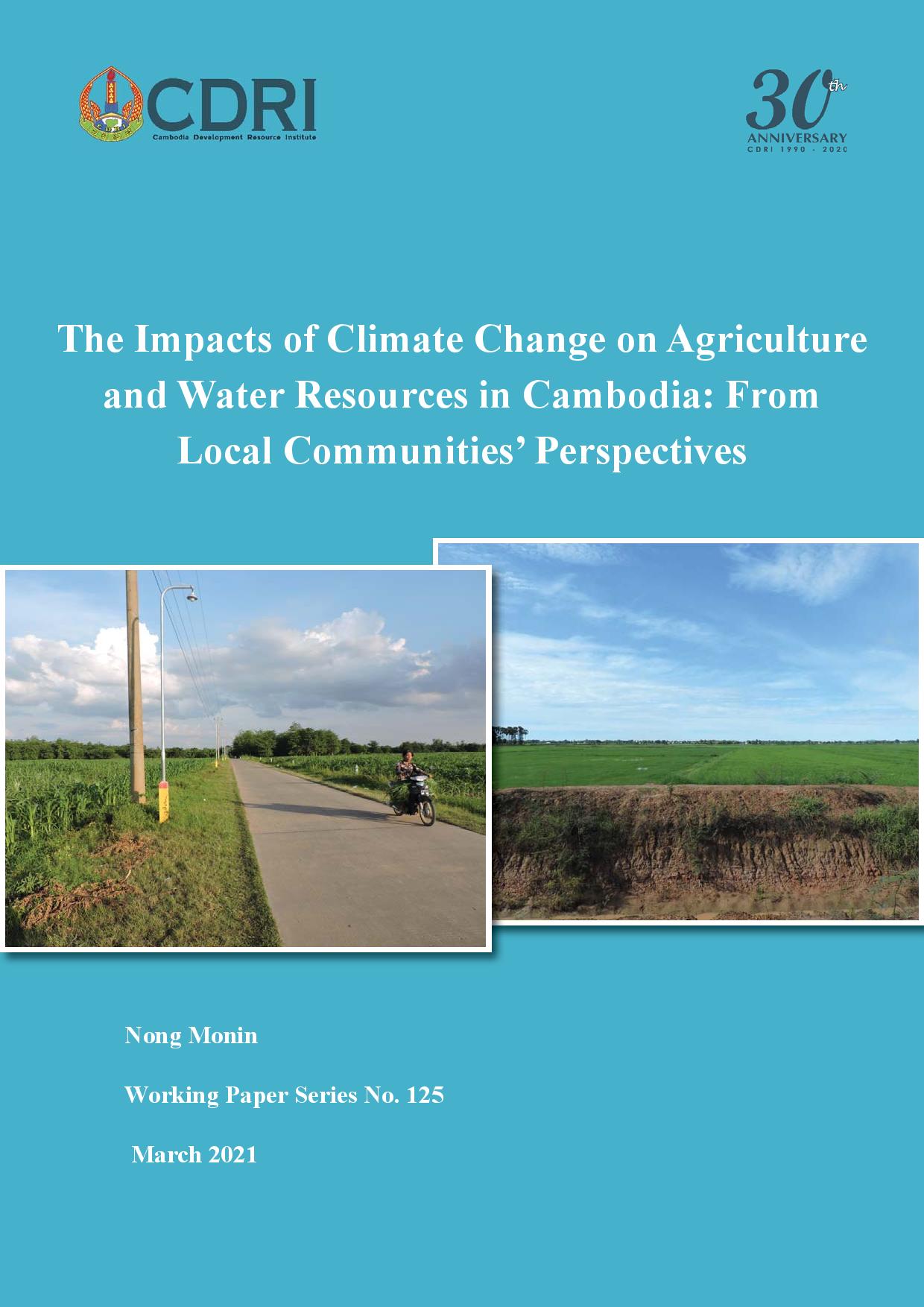
The Impacts of Climate Change on Agriculture and Water Resources in Cambodia: From Local Communities’ Perspectives
In 2019, 61 percent of the population living in rural areas, 76 percent of whom rely on agriculture as the main source of income and livelihood, sustainable rural and agricultural development is paramount to the Cambodian economy. National Strategic Development Plan 2019–2023 forms the basis of the national approach for strengthening the agriculture sector to generate jobs, ensure food and...

Water Diplomacy in the Mekong
In this article, we introduce the MRC water diplomacy framework and provide an overview of its governance structure, present three case studies of hydropower dam projects illustrating implementation of the MRC water diplomacy framework, and discuss the challenges affecting the MRC’s ability to implement water diplomacy effectively. The insights gained from studying these water diplomacy in the Mek...
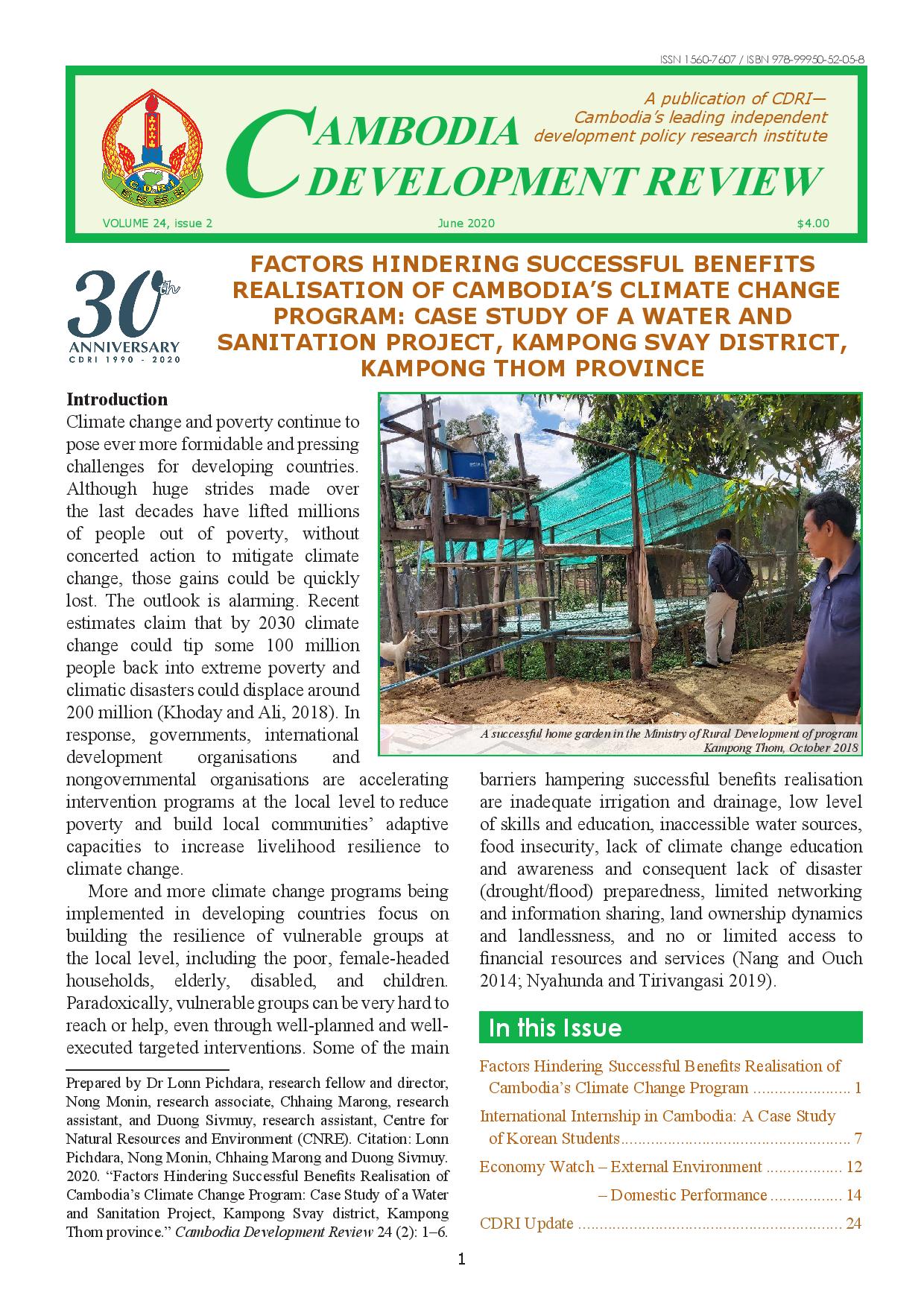
Factors Hindering Successful Benefits Realisation of Cambodia's Climate Change Program
This article draws on a qualitative study conducted to assess the impact of climate change programs in Cambodia, including the MRD’s pilot program in Kampong Svay district (CDRI, MRD and UNDP 2019). It summarises the main lessons learned and discusses the main factors hindering poor and vulnerable program beneficiaries from replicating demonstration activities of building the resilient infras...














